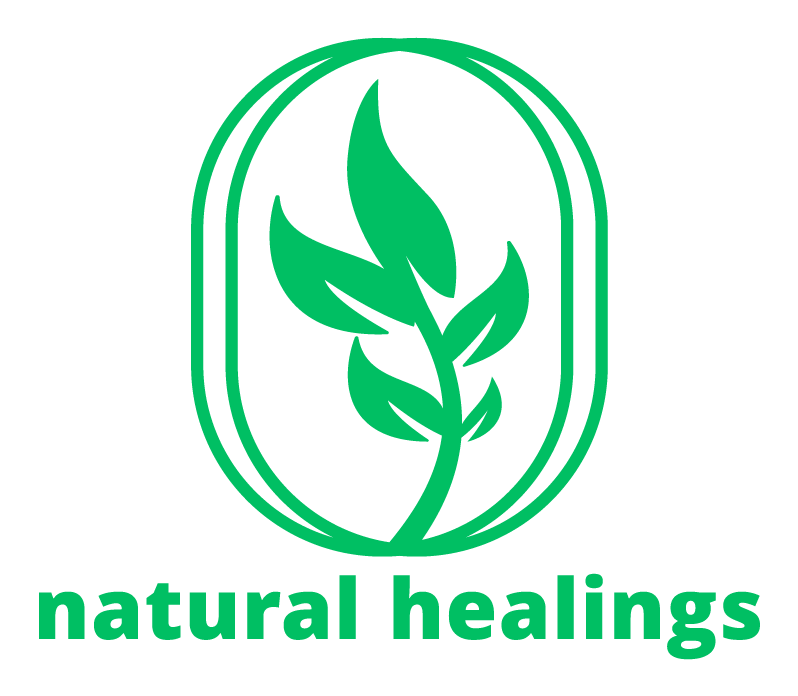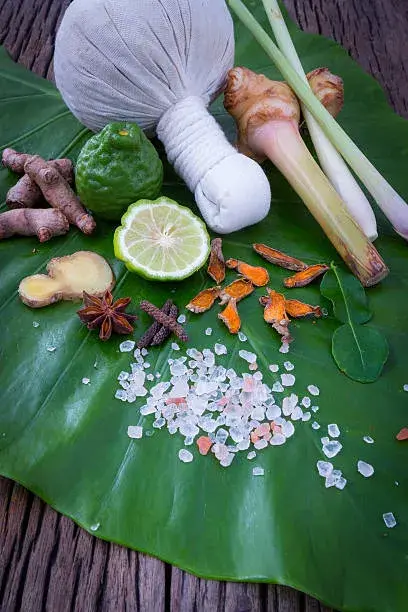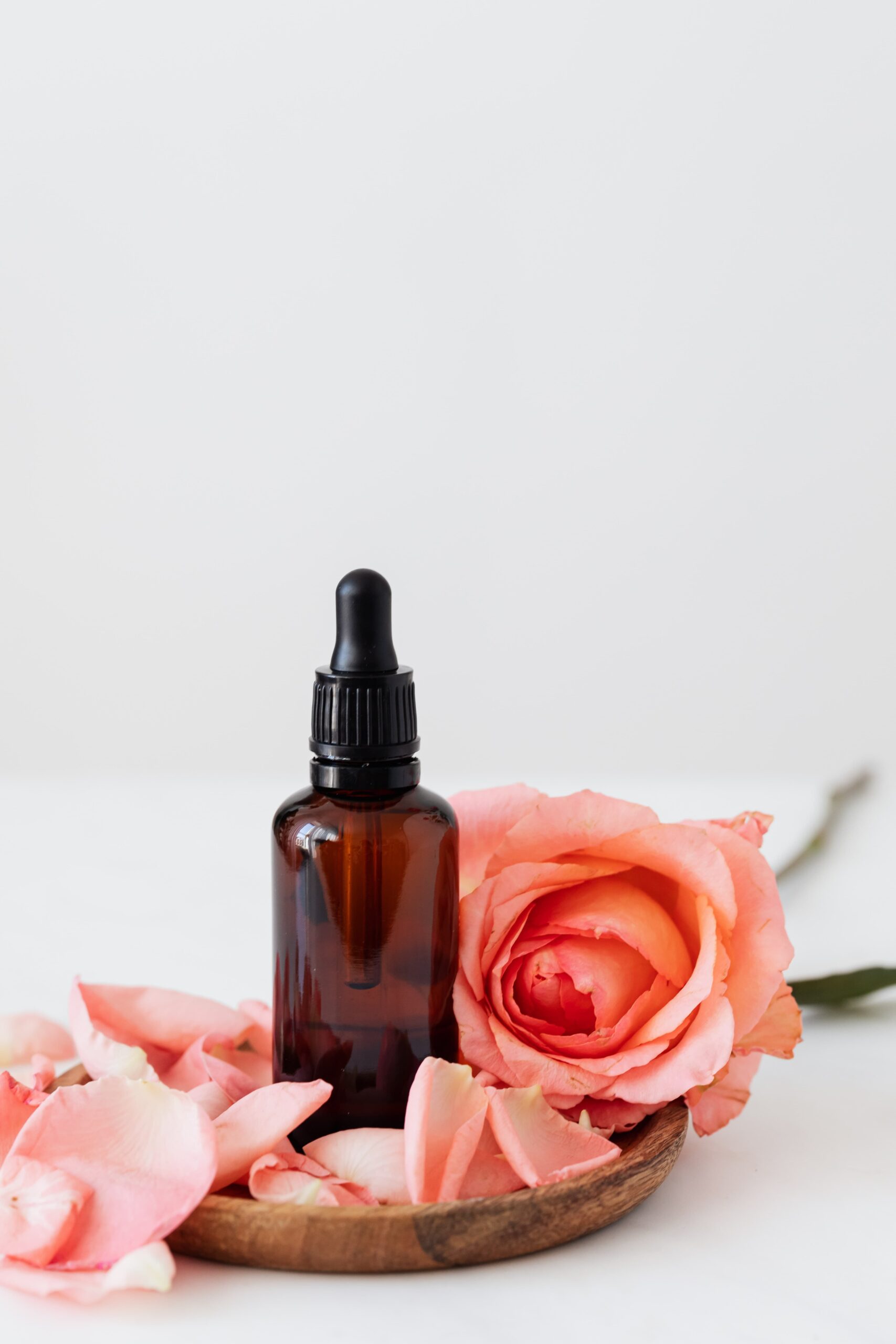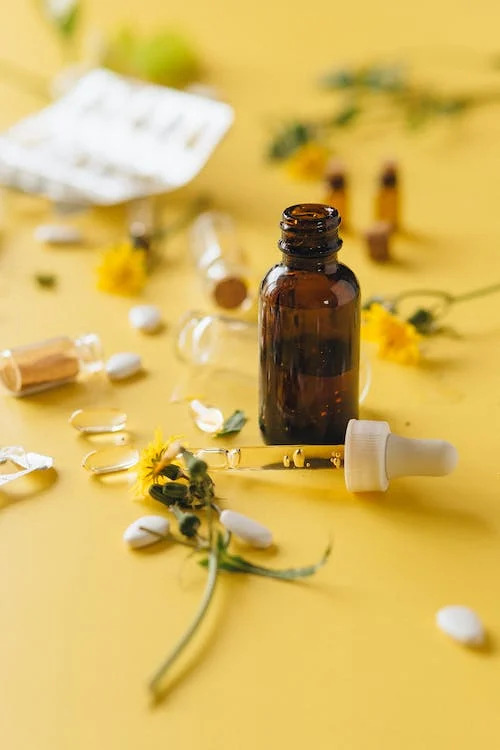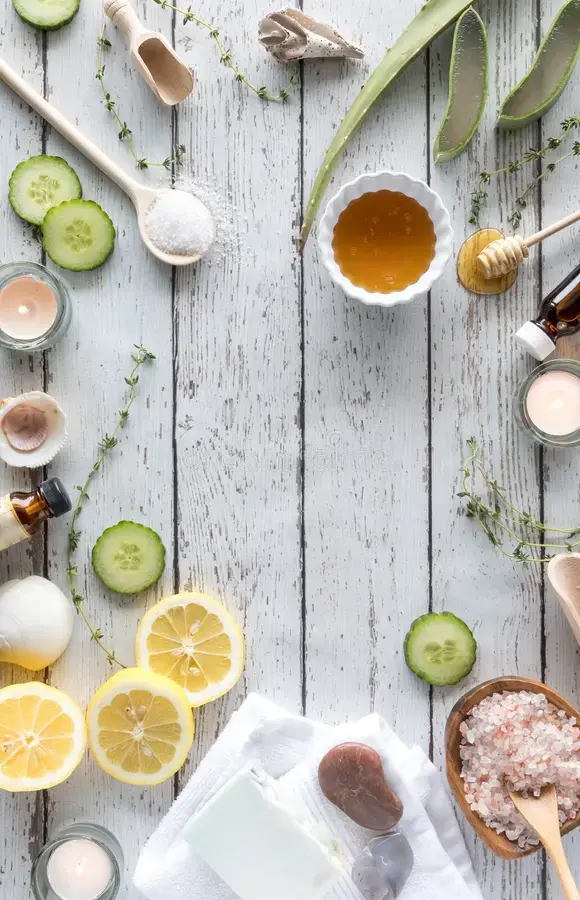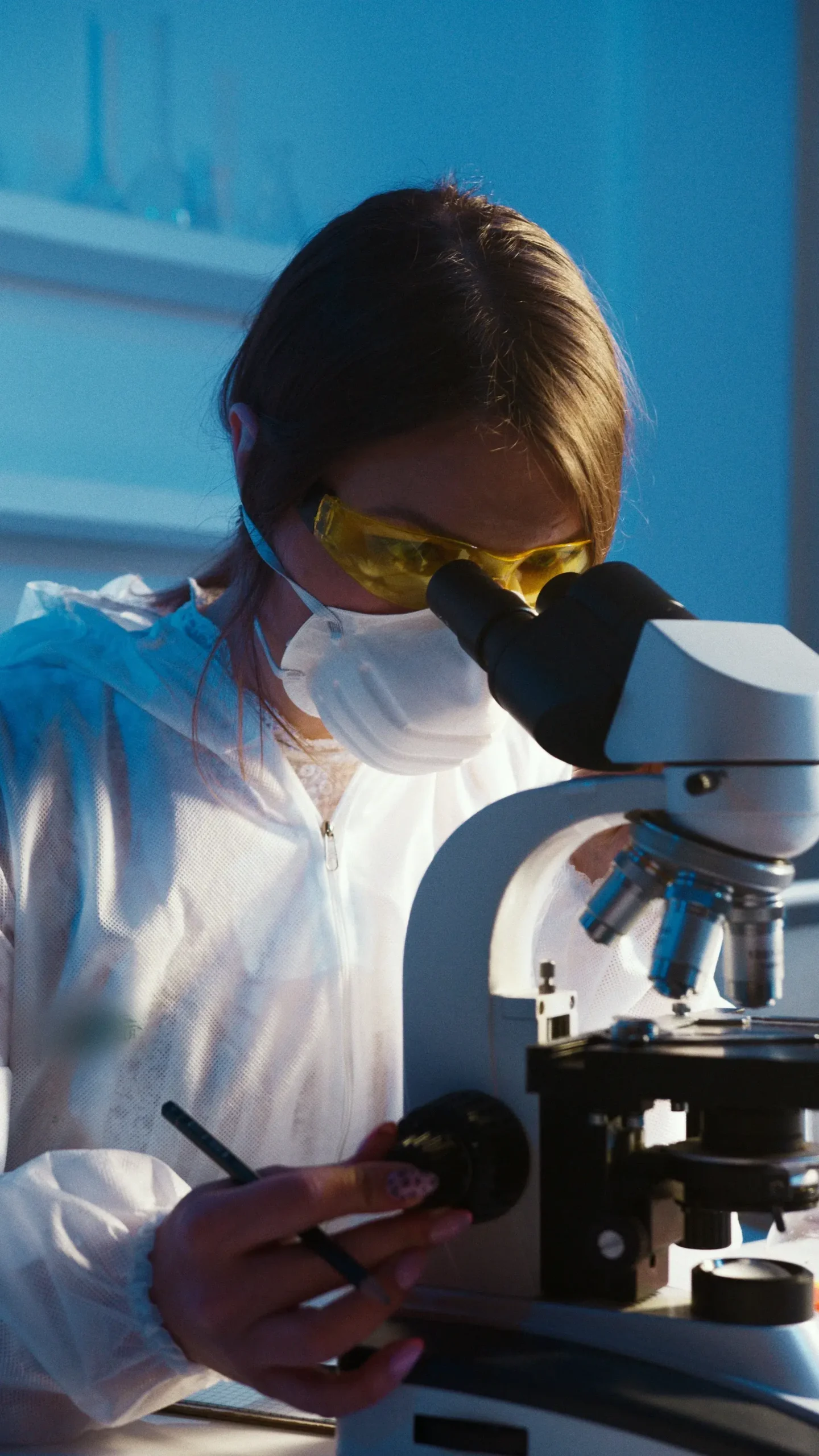hawthorn Tea
Hawthorn, known in latin as Crataegus monogyna. grows in sunny, warm places, In spring, this shrub’s white blossoms decorate the edges of woodlands, and in fall, its brilliant red berries are visible from some distance. Hawthorn flowers, leaves and berries have long been used to prepare medicinal teas and tinctures, and in recent years hawthorn has health become popular with natural healers for treating heart ailments. Traditional doctors, studying hawthorn’s benefits-it has the ability to strengthen the heart muscle, promote blood flow and lower blood pressure. In fact, hawthorn may be a source of new heart drugs. It is also good for irregular heartbeats and palpitations and may help prevent heart disease in older people. Its curative effects develop over many months. Therefore, the tea should be taken daily over a long period. Even with prolonged use, no side effects have been reported.
Preparation of the tea
Pour 1 cup of boiling water over 1 tsp. of hawthorn flowers or leaves-or a mixture of the two. Steep the tea for 10 min.: strain. Drink 1 cup of the tea every morning and evening over many months (the onset of its action is very gradual). The berries can also be used to make the tea. However, to be as effective as the flowers or leaves, the berries must soak for about 12 hours (card back).
Hawthorn Tea
Therapeutic Effect: Hawthorn’’s medicinal effects come primarily from pigments known as Slavonoids and Jrom the glycoside oxyacanthine. Hawthorn is often combined with other herbs to dilate blood vessels, thereby stimulating blood flow to the heart and lowering blood pressure. The herb also increases calcium concentration in the heart muscle, which has a strengthening effect. In addition, hawthorn calms the nervous system and has antispasmodic capabilities.
🙤 Promotes recovery from infectious ilinesses
The heart is placed under a great deal of stress by many infectious diseases, such as influenza or strep throat. Therefore, it’s a good idea to drink hawthorn tea during such an illness and for several weeks thereafter. The tea helps the heart recover more quickly and protects it against damage from pathogens.
🙤 Strengthens an aging heart
Hawthorn may help to counteract a number of age-related changes in the heart, including angina and heart-rhythm disorders. Taken regularly, hawthorn improves blood circulation in the coronary vessels, strengthening the heart and helping to restore a regular heartbeat.
Extra Tip
Hawthorn tea may help to relieve palpitations, chest pains or other heart problems that can arise during menopause. Caution: Do not use hawthorn if your doctor has prescribed digoxin or Ianoxin.
✽ Administration ✽
♦ Hawthorn-berry tea
The berries of the hawthorn plant also contain a number of active ingredients that have a beneficial effect on the cardiovascular system. The berries are available fresh or dried at health-food stores and herbal shops. To maximize the curative potential of the berry tea, prepare it as follows:
- To soften fresh or dried hawthorn berries, soak them at room temperature for at least 12 hr. in lukewarm water. Use 2 tsp. of berries per cup of water.
- Strain the liquid and reserve it. The liquid will retain the berries’ active ingredients.
- Sweeten the berry liquid with honey to taste and heat to the desired temperature. Drink 2-3 cups of the tea daily.
♦ Hawthorne tincture
It is easy to make your own heart-boosting hawthorn tincture. To prepare the tincture, you will need the following ingredients:
2/2 oz. hawthorn leaves
2/3 oz. hawthorn flowers
312 oz. 100-proof alcohol
Place the hawthorn leaves and flowers in a jar with the alcohol. Allow this mixture to stand for 10 days. Strain the liquid and store it in a small dropper bottle. Take 20 drops of this tincture each morning and evening.
Healing tea mixture
For high blood pressure and angina
3/4 oz. hawthorn flowers
3/4 oz. valerian root
3/4 0z. lemon-balm leaves
Use 1 tsp. of the herb mixture per cup of boiling water. Allow the tea to steep for 10 min., and then strain. This tea mixture lowers blood pressure and also has a calming effect on the nerves.
For a weak heart
3/4 0z, hawthorn flowers
2/3 0z. hawthorn root
3/4 0z, goldenrod
Use 1-2 tsp. of the herb mixture per cup of boiling water. Steep the herbs for 10 min.; strain. This tea strengthens the heart and helps pump efficiently. It also has g diuretic effect that helps to counter fluid retention (edema).
For irregular heartbeat
1 ‘/2 fennel seeds
1 0z caraway seeds
1 oz anise seeds
Use 1-2 tsp. of herb mixture per cup of boiling water. Steep for 10 min., and then strain. This tea regulates racing heartbeats and palpitations, particularly in people with heart rhythm relieve nervousness.
Extra Tip
Hawthorn tea may help to relieve palpitations, chest pains or other heart problems that can arise during menopause. ~ Caution: Do not use hawthorn if your doctor v has prescribed dtgoxm or Ianoxm.
